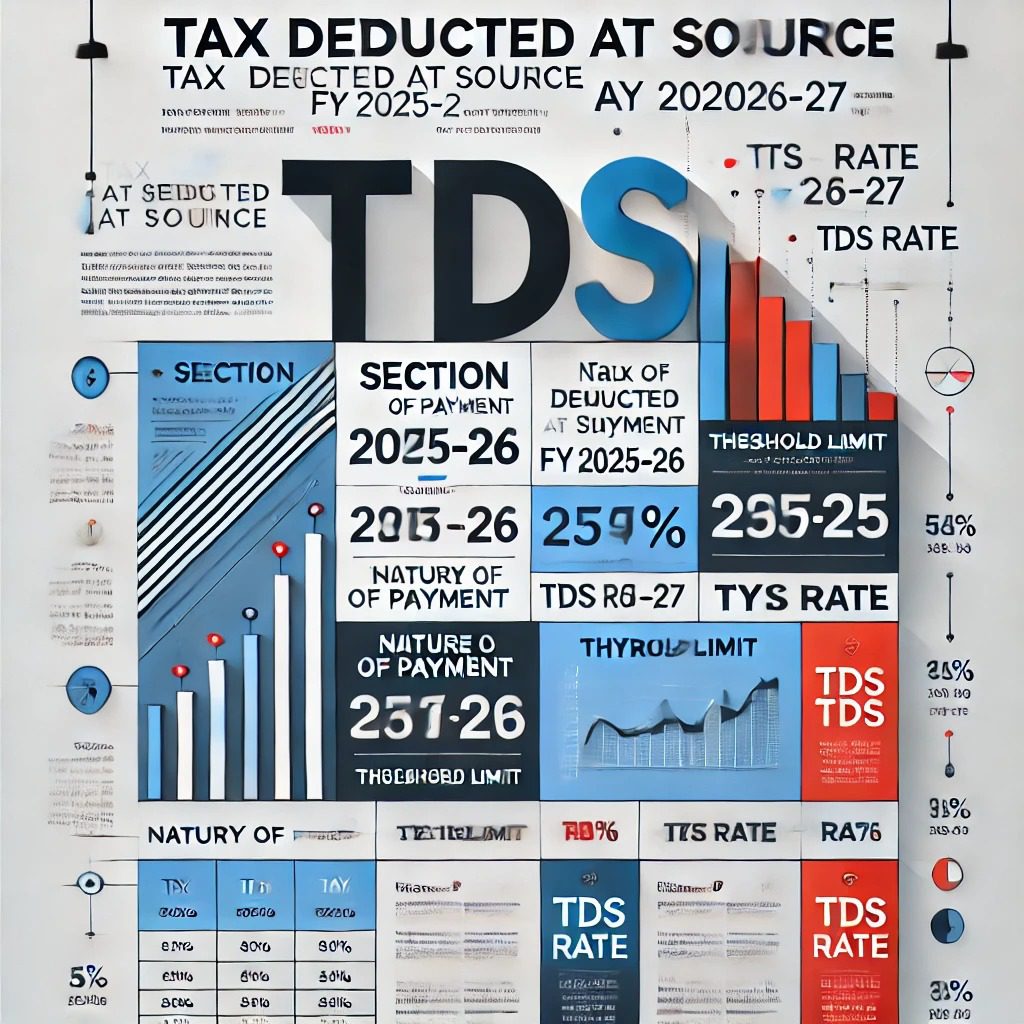Features of a Company | A comparative Guide Table
- by kamalroykk
- Updated Mar 31, 2025
- 5 mins read

Compare Types of Business: A Comprehensive analysis Guide
Studying the comparative analysis of various business structures, such as Private Limited (Pvt Ltd), One Person Company (OPC), Limited Liability Partnership (LLP), Proprietorship, and Partnership, before embarking on a new business venture is of paramount importance. This process involves a comprehensive examination of the unique characteristics, advantages, disadvantages, legal requirements, taxation implications, and operational dynamics associated with each structure.
Firstly, such an analysis provides a deeper understanding of the distinct legal frameworks that govern each business structure. It enables prospective business owners to grasp the levels of personal liability, ownership flexibility, and compliance obligations inherent in each option. For instance, a Pvt Ltd company offers limited liability protection to its shareholders, shielding their personal assets from business liabilities. Conversely, in a sole proprietorship, the owner assumes full personal liability for the business’s debts and obligations. By comparing these attributes, entrepreneurs can make an informed decision that aligns with their risk tolerance and long-term goals.
Secondly, a comparative analysis sheds light on the tax implications associated with different business structures. Understanding how profits are taxed, allowable deductions, and potential exemptions helps entrepreneurs devise effective tax strategies. Pvt Ltd companies and LLPs, for instance, may benefit from certain tax incentives and deductions not available to other structures. This knowledge empowers business owners to manage their financial resources optimally and potentially reduce their tax liabilities.
Furthermore, the operational dynamics of each business structure vary significantly. Factors like management flexibility, decision-making processes, ease of raising capital, and exit options differ from one structure to another. By delving into these operational nuances, aspiring entrepreneurs can align their business model with the structure that best supports their operational requirements and growth plans.
Another crucial aspect is the perception and credibility associated with different business structures. Pvt Ltd companies and LLPs often carry a higher level of professionalism and credibility in the eyes of customers, investors, and partners due to their formal registration and legal structure. Understanding these perceptions can influence the choice of structure based on the target market, industry, and growth aspirations.
In conclusion, a comparative analysis of various business structures equips potential business owners with a holistic understanding of the legal, financial, operational, and strategic implications associated with each option. This knowledge empowers entrepreneurs to make well-informed decisions that align with their vision, goals, and resources, ultimately enhancing the likelihood of a successful and sustainable business venture.
Comparison between Pvt Ltd, OPC, LLP, proprietor firm, and partnership firm:
Pvt Ltd (Private Limited Company):
Separate legal entity distinct from its owners.
Limited liability for shareholders, protecting personal assets.
Minimum 2 directors and 2 shareholders required.
More compliance requirements and higher registration costs.
Ideal for medium to large businesses with growth aspirations.
OPC (One Person Company):
Allows a single person to start a separate legal entity.
Limited liability for the owner, protecting personal assets.
Only one director and one shareholder allowed.
Lesser compliance compared to Pvt Ltd.
Suitable for solo entrepreneurs and small businesses.
LLP (Limited Liability Partnership):
Separate legal entity with limited liability for partners.
Partners are not personally liable for others’ misconduct.
Minimum 2 partners required, no maximum limit.
Lower compliance compared to Pvt Ltd.
Preferred by professionals and service-oriented businesses.
Proprietor Firm (Sole Proprietorship):
Not a separate legal entity; the owner and business are the same.
Unlimited liability for the owner, risking personal assets.
No specific registration required; operated in owner’s name.
Minimal compliance and lower registration costs.
Suitable for small businesses with low risk and single ownership.
Partnership Firm:
Not a separate legal entity; partners and businesses are the same.
Partners have unlimited liability, jointly and severally.
Minimum 2 partners are required, with a maximum limit as per the partnership deed.
Moderate compliance compared to Pvt Ltd.
Suitable for small businesses with shared ownership and risk
It’s essential to consider the nature, scale, liability, and compliance requirements before choosing the appropriate legal structure for a business. Consulting with professionals or legal experts can help make an informed decision based on specific business needs and goals.
Compare Features of a Companies before you Start a Business in India
Everything you need to know about the advantages and disadvantages of various types of companies before starting a business in India
| Features | Private Limited Company | Limited Liability Partnership | Public Limited Company | One Person Company | Partnership | Sole Proprietorship |
| Best suited for | Highly ambitious entrepreneurs, Start-ups and growing companies | Professionals such as Agencies and consultants | Big Corporates, tech business with an intent to go public | Ambitious businessmen or sole promoters | Small businesses or traders | Home based businesses, if not confident of business success |
| Registration Requirement | Mandatory | Mandatory | Mandatory | Mandatory | Optional | Not Required |
| Minimum members | 2 | 2 | 7 | 1 | 2 | 1 |
| Reputation | High | medium | High | medium | Low | Low |
| Liability Protection | Yes | Yes | Yes | Yes | No | No |
| Taxation | 25% on profit upto turnover of Rs. 250 Cr. 30% on profit if turnover exceeds 250 Cr. | 30% on profit. Dividend Distribution Tax exempted | 25% on profit upto turnover of Rs. 250 Cr. 30% on profit if turnover exceeds 250 Cr. | 30% on profit | 30% on profit. | Taxed as individual |
| Perpetual Existence | Yes | Yes | Yes | Yes | No | No |
| Statutory Compliances | High | Low | High | Low | Minimal | Minimal |
| Fund raising | Easy | Difficult | Easy | Difficult | Almost Impossible | Impossible |
| Cost factor | High | Low | High | Low | Low | Minimal |
| Exploring or entering international markets | best option | Not suitable | suitable | Not suitable | Not suitable | Not suitable |
| Foreign Ownership | Allowed | Allowed | Allowed | Not allowed | Not allowed | Not allowed |
| Ownership Transferability | transferable | transferable | transferable | transferable | Not transferable | Not transferable |
| Starting Rs 9498/- | Starting Rs.6498/- | Starting Rs. 14998/- | Starting Rs. 8498/- | Starting Rs. 6498/- | Starting Rs.1998/- |



